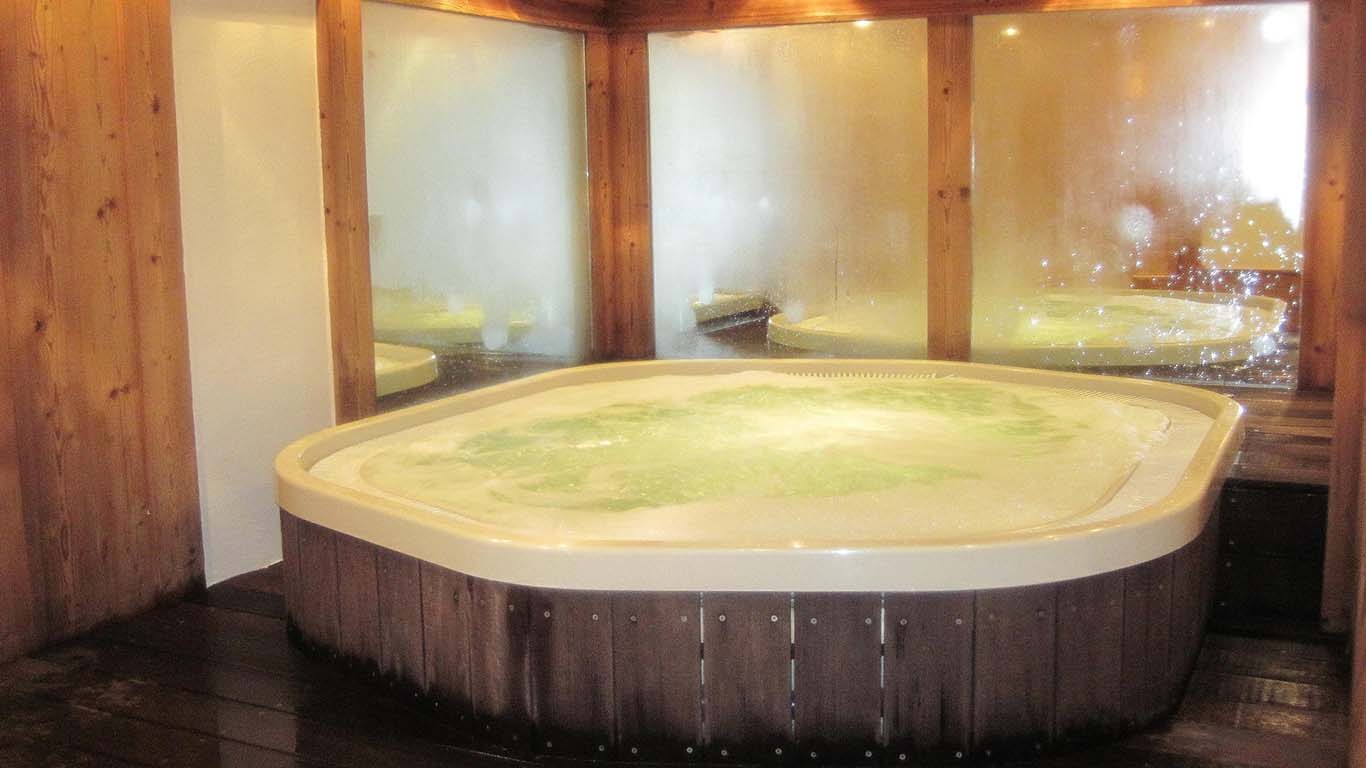A home purchase is a major decision and choosing the appropriate mortgage could make all the distinction. The two most frequent alternatives that homeowners face are conventional loans as well as FHA loans.
Different requirements for credit and down payment requirements or mortgage insurance as well as longer-term expenses are much more significant than what they appear at first.
Knowing how the different types of loans work can make sense of the confusion and allow you to move forward confidently. Well, let’s continue reading to know more about the benefits of conventional loan vs FHA.
Credit Requirements
Conventional loans typically require an improved credit score. Many lenders want scores at least 620. If you score 740 or higher it is possible to get a lower rate of interest.
FHA loans are more flexible. They may allow you to get an FHA score of as little as 580, if you pay a minimum of 3.5 percent. Certain lenders might even consider lesser scores when you have additional cash.
This is what makes FHA loans an excellent choice for those who are building credit or are buying their first house. However, if your credit is excellent, a conventional loan can be a better option over the course of time.
Down Payment Differences
FHA loans allow you to start with only 3.5 percent down. This can be a great option if you’re struggling with savings. This is one of the main reasons why a lot of first-time buyers go towards them.
However, that lower down payment has the catch: mortgage insurance that stays all through the period of the loan. Conventional loans allow more flexibility.
If you can’t swing 20%, the PMI for conventional loans can be eliminated once you’ve reached 20 percent equity. It’s not possible for FHA loans, unless they are refinancing to a traditional loan in the future.
Mortgage Insurance Costs
FHA loans are subject to the payment of a mortgage insurance fee (MIP) and the annual fee that is paid each month. The upfront cost may be included in the loan but will still be added to the total amount.
Monthly premiums won’t get rid of if you sell or refinance the property. Conventional loans will charge PMI when your down payment falls below 20 percent.
However, there’s a benefit: PMI can be cancelled when your equity is at 20 percent. This makes conventional loans attractive for those who are planning to live within the house for many years.
Property Standards And Flexibility
FHA loans are governed by higher standards when it comes to the home itself. It must comply with security, safety and living standards as set by FHA.
This means that fixer-uppers and homes that require repairs may be unable to pass the examination. If you’re considering buying a property needing some attention This could turn into an obstacle.
The conventional buyer has the chance to choose from a broad selection of houses, even those that may need some renovation but are still a great opportunity.
Long-Term Financial Outlook
FHA loans are an excellent way to get started particularly if your financial situation or credit need improvement. They can also be more expensive over the long term.
It’s because of the continual mortgage insurance while finding mortgage lender. They’re not as appealing for those who plan on staying within the house for an extended period.
But they’re still a great method to get your foot in the home if you’re not eligible for conventional loans right now. Conventional loans are a great way to reward credit with strong scores and higher down payment.
Final Thoughts
There’s no universal solution here. FHA loans are a great option for people with less savings or a lower credit score. While conventional loans provide the financial stability of borrowers with less long-term cost.
Look at where you’re currently and the direction you’re going. If your credit score is growing and you’ve saved that are conventional, it could help you save even more.
However, if you’re just beginning your journey or just need assistance with qualifying, FHA is a great step towards. In any case, picking the mortgage that best fits your lifestyle today and, in the future, can you make the transition to homeownership easier.


